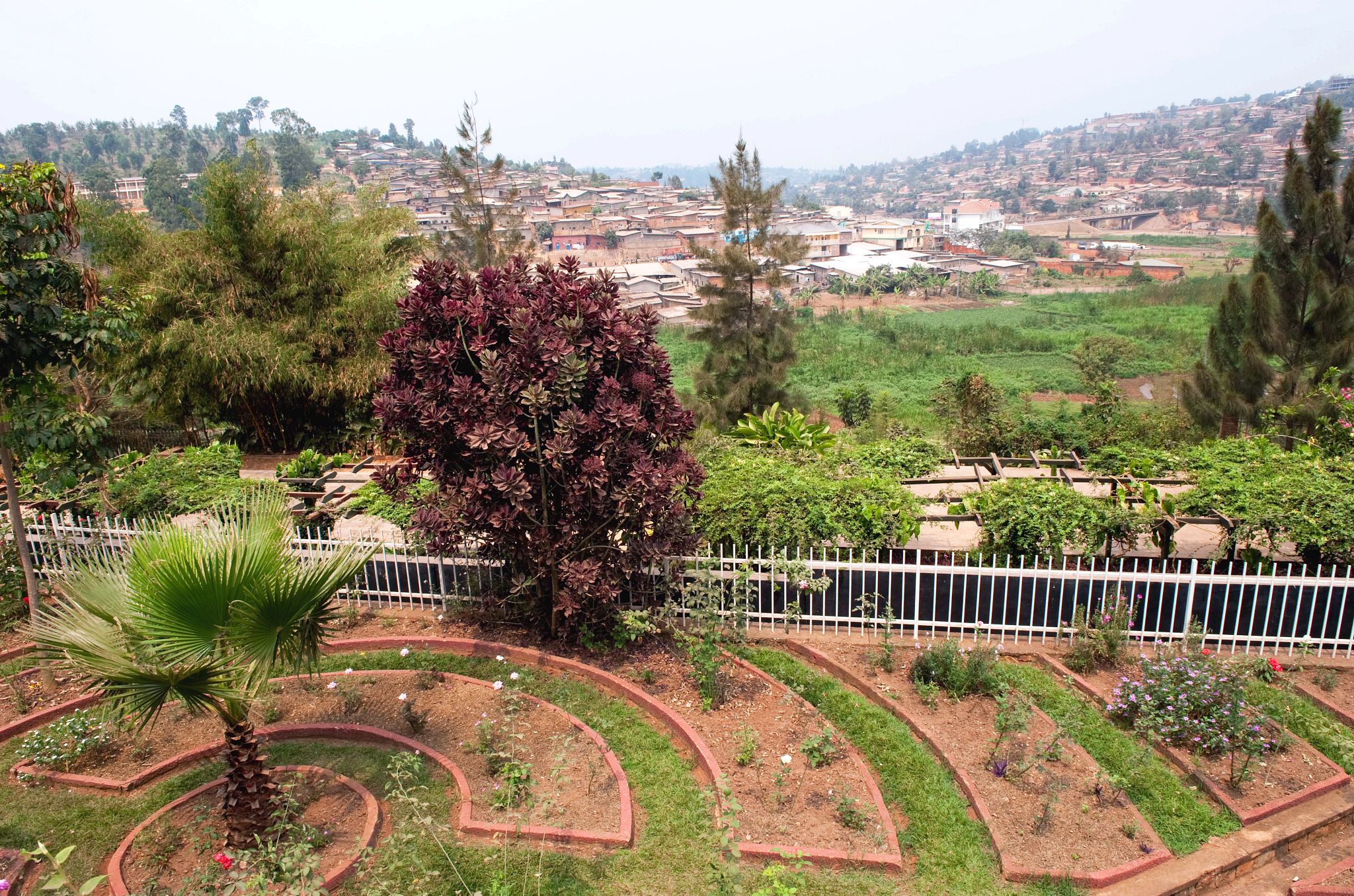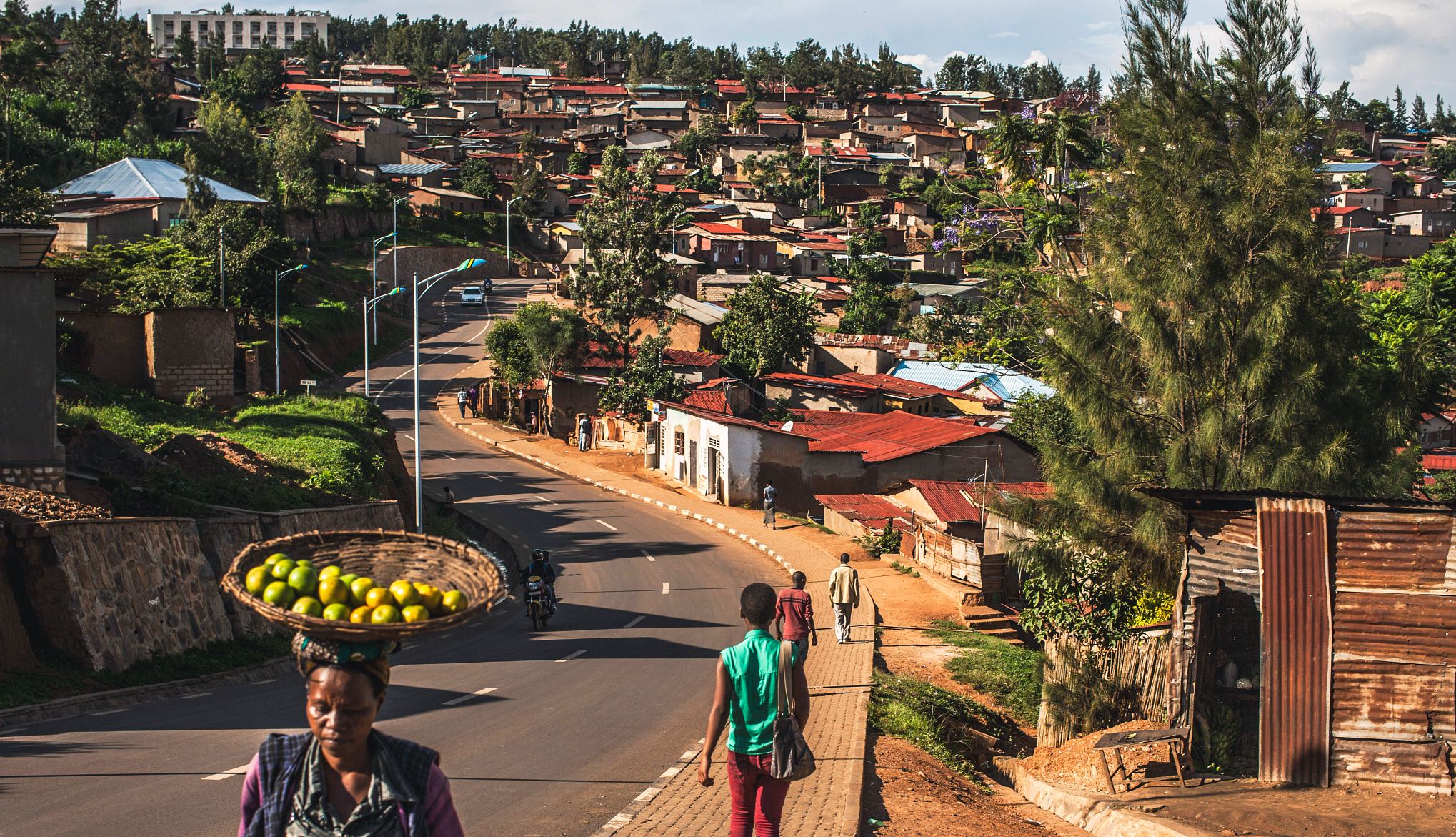AARP Hearing Center
When I told friends about our upcoming trip to Rwanda, their reactions were predictable: questions about gorilla trekking, concerns about safety, genuine confusion over why my husband and I would choose this East African nation for back-to-back adventures. “Are you going on a safari?” “Isn’t Africa dangerous?” “Didn’t Rwanda have a genocide?”
Having spent several weeks exploring Rwanda in 2025 — first in February and again in April — I’ve discovered a country that defies Western perceptions and offers mature travelers like us (ages 56 and 61) something increasingly rare: a combination of safety, comfort, authentic cultural experiences, and remarkable value that few destinations can match.
Safety and accessibility that rival Western countries
Many Americans still associate Rwanda with the 1994 genocide.
Today, however, Rwanda is consistently ranked as one of Africa’s safest countries, with crime rates lower than many American cities. I experienced it firsthand walking through the capital city of Kigali’s immaculate streets at various hours. The exceptional orderliness, well-lit thoroughfares and visible but unobtrusive police presence create an environment where travelers can explore comfortably.


For Tana M. Session, a 56-year-old American expatriate who relocated to Rwanda in February 2025, the country’s safety and low cost of living were big factors in her decision. “It feels safer than the U.S.,” she says. “We have peace of mind here” — not just emotionally and physically, but financially, too. Session noted that living in Rwanda, she and her husband decreased their expenses “by two-thirds per month while allowing us to live a better lifestyle, including a larger home with a pool and 24-hour security.”
Practical considerations for travelers to Rwanda
Best time to visit: Dry seasons (June to August and December to February) are ideal for wildlife viewing and travel comfort.
Getting there: Kigali International Airport is well connected via European and African hubs such as Amsterdam, Brussels, Addis Ababa, Ethiopia, and Nairobi, Kenya. U.S. departures are available from virtually all gateways, but routes are most plentiful from the East Coast.
Transportation: Private drivers offer excellent value and convenience. If negotiated directly, expect to pay $70 to $90 per day for Kigali city rates, or $100 to $125 daily for car service arranged through hotels.
Lodging: Options range from standouts such as Ubumwe and Serena Hotel to high-quality international brands such as Marriott and Radisson to boutique properties and game lodges.
Length of stay: A seven- to 10-day itinerary allows time to explore Kigali, Akagera, Lake Kivu and cultural experiences without rushing.
Luxury without the luxury price tag
For travelers balancing fixed budgets with bucket-list experiences, Rwanda delivers exceptional value.
My husband, Earl, and I stayed twice at the Ubumwe Grande Hotel in Kigali, enjoying spacious rooms, excellent dining, attentive service and a stunning rooftop featuring a heated infinity pool and a nice restaurant with killer panoramic city views. The cost? Just $130 per night, including taxes.
During a comfortable seven-night stay at the Radisson Blu Hotel, located at the iconic domed Kigali Convention Centre, our hotel bill was also priced at $130 a night. Comparable accommodations in European capitals such as Paris or London would easily exceed $300 nightly.
This value carried through our experiences in Rwanda as well.









































































